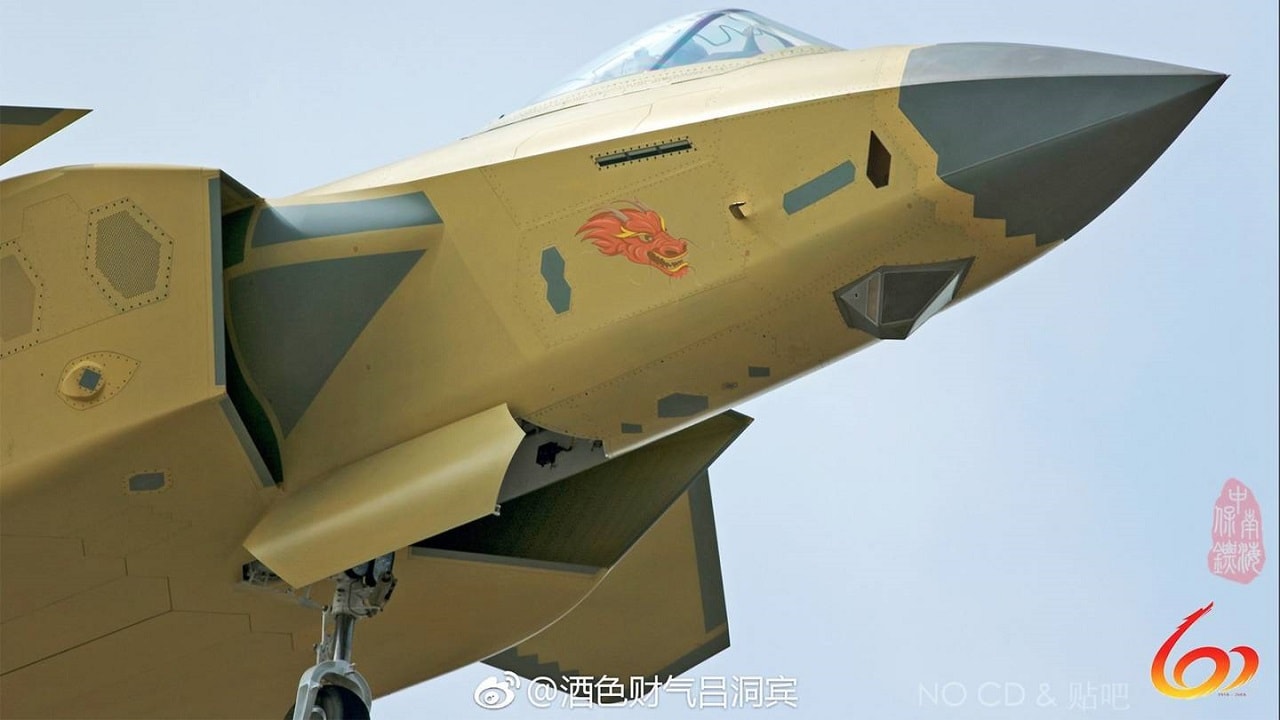It wasn’t long ago that China was the obvious superpower-in-waiting. While it is still the second-largest economy in the world (in GDP terms), recent developments in China have highlighted the possibility that the China miracle may be at an end. I would caution Western observers to not read too much into events within China, as a mere $6 trillion separates China’s overall economic size (again, in GDP terms) from that of the United States.
Still, the recent collapse of China’s property market—which makes up for about 30 percent of China’s overall economy—coupled with the fallout from President Xi Jinping’s “Zero COVID” policies has led to a severe economic downturn in China.
Sure, their lucrative technology sector is still doing well, even in the face of heavy Western sanctions. But, with China’s property market collapse, comes the possibility that the entire Chinese economy collapses. After all, China’s property market touches nearly every other area of China’s overall economy.
Not Your Father’s China
China today is fundamentally different from even the China of ten years ago. It was never politically free. Although, China’s market back then was far more dynamic and prosperous than it has been since Xi Jinping took power.
In fact, Xi Jinping’s rise to power has been correlated with a flattening of China’s dynamic economy. Every leader since Mao, beginning with Deng Xiaoping through to Hu Jintao’s time as China’s president, encouraged economic growth and prosperity above all else.
This is not the case with Xi Jinping, who is far more ideological than those other leaders were. Xi is also committed to openly deploying Chinese power abroad (paid for by China’s massive economic miracle).
Paradoxically, though, Xi’s yearnings to display greater authority and influence abroad comes at a time when China’s demographic crisis is well underway, a time when China’s economy is making the tough transition from a predominantly production-oriented economy where citizens have a high savings rate to a more post-modern, consumption-model economy where citizens will have a lower savings rate.
To say that China is destined to collapse is foolish, though.
As I noted above, a mere $6 trillion separates China from the United States. Most analysts still believe that China is on pace to displace the United States as the world’s leading economy by the end of the decade. So, a better question is: has China peaked?
With increasing authoritarianism at home, as well as increasing costs of doing business, China is looking less attractive to international businesses. Don’t get me wrong, the West in particular is still doing far too much business with China than is advisable.
Ever since the COVID-19 pandemic, however, there has been a real shift by global industry to diversify its reliance on China as a cheap source of labor and manufacturing (because, in fact, it is no longer necessarily as cheap as it was a decade ago to find labor or manufacturing).
China’s Threat Increases as Its Economy Contracts
All this has led to China under Xi Jinping getting more belligerent with its neighbors. And if the economic situation is as bad in China as many believe it to be, with Xi Jinping’s power on the line (as well as possibly his life), Beijing might choose to make war upon its neighbors rather than wait to see how the economy shakes out over the next few years.
There is definitely a severe economic correction underway in China today. That will have resounding impacts on China’s political situation at home and will affect the way they behave on the world stage. Whether the downturn permanently destroys China or prevents them from achieving their goal of displacing the United States remains to be seen.
Lacking a reliable crystal ball, the only thing the Americans can do is to create the conditions to soften whatever blows China will subject the world to. With that in mind, Washington should prepare itself for increased belligerence from China by expanding its presence in the Indo-Pacific.
Washington needs to restore its deterrent against Chinese aggression while building up as many alliances with China’s embattled neighbors as possible. Further, Washington must encourage the on-shoring critical industrial manufacturing capabilities so as to not be as reliant on China as the US economy presently is.
America cannot prevent the collapse of China or even Chinese rulers from risking war. All America can do is insulate itself far more than it has from the kind of fallout that China’s decline—and possible bloodlust—will have.
Thus far, America has only responded to this threat half-heartedly.
That must change immediately.
A 19FortyFive Senior Editor, Brandon J. Weichert is a former Congressional staffer and geopolitical analyst who is a contributor at The Washington Times, as well as at the Asia Times. He is the author of Winning Space: How America Remains a Superpower (Republic Book Publishers), Biohacked: China’s Race to Control Life (Encounter Books), and The Shadow War: Iran’s Quest for Supremacy (July 23). Weichert occasionally serves as a Subject Matter Expert for various organizations, including the Department of Defense. He can be followed via Twitter @WeTheBrandon.

